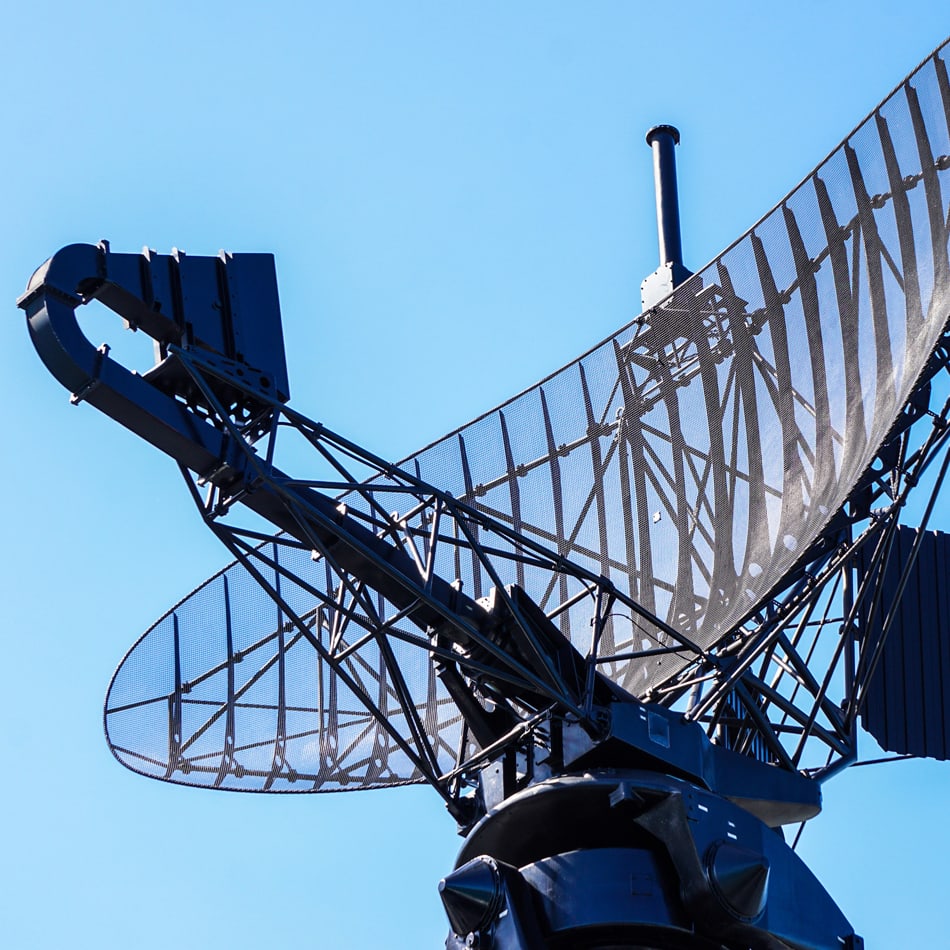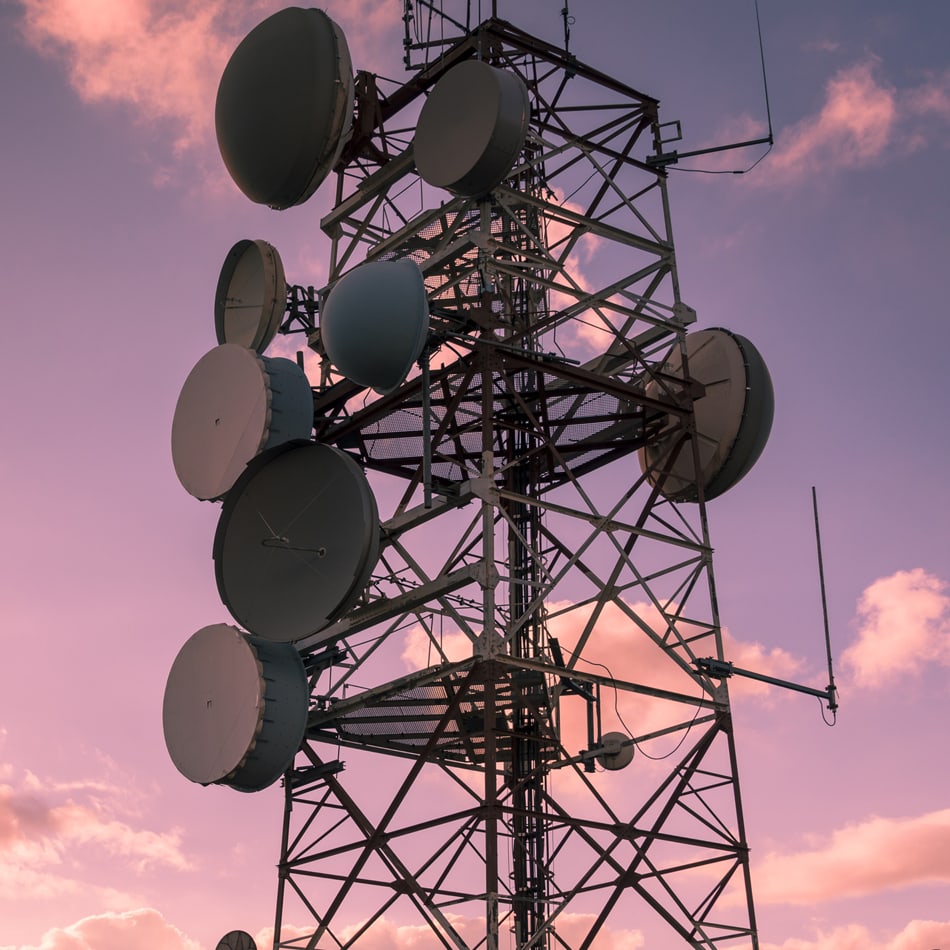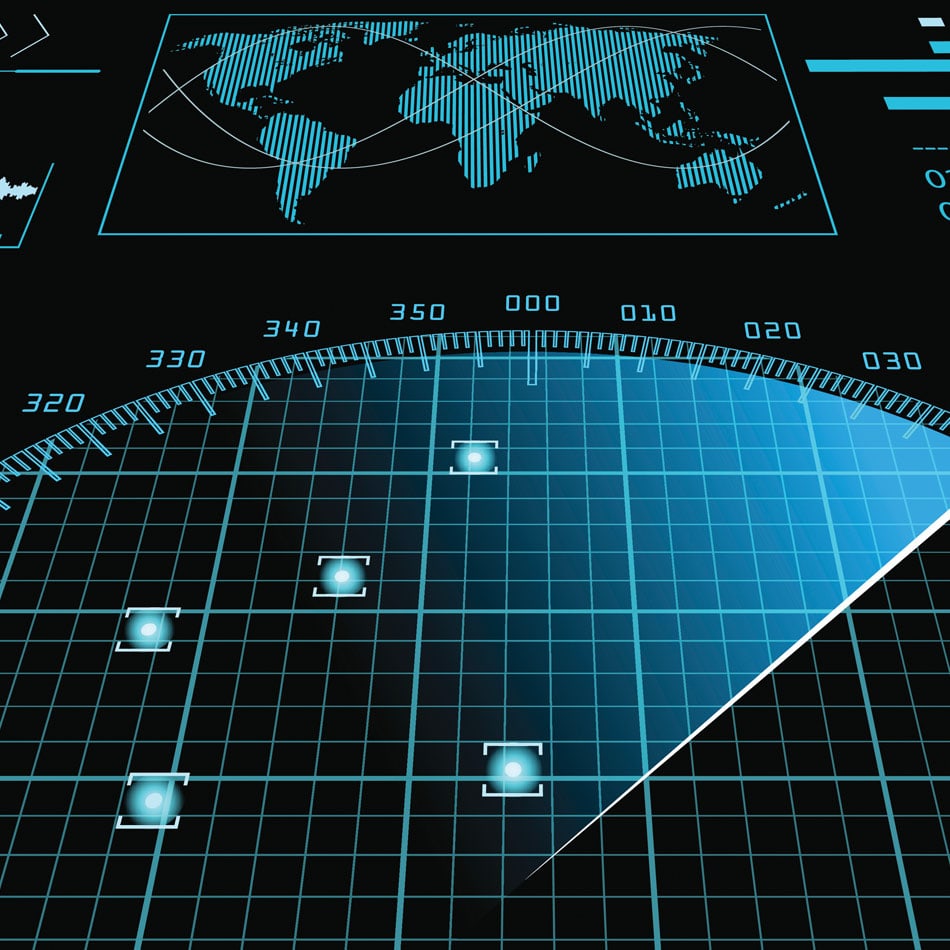Fundamentals of IRST Sensing
- Overview
- Requirements & Materials
Fundamentals of IRST Sensing
Course Description
This course provides an introduction to the science and technologies underlying infrared search and track (IRST) systems. IRST represent a class of passive infrared systems whose function aims to detect, locate, and track objects embedded in complex backgrounds with temporally and spatially varying features. Given this is an introductory course, the lectures and topics covered focus on providing the necessary background to understand the various items which drive system design requirements and operational system performance. Initial course topics emphasize basic infrared (IR) physics related to targets, backgrounds, and atmospherics as well as performance metrics. In addition, technologies underpinning IRST system designs are discussed in later lectures; these topics begin at the component level and extend through the system level. Other lectures concentrate on search strategies, tracking algorithms, and signal processing approaches to enable robust system operation. Finally, system requirement drivers (threat, background, and platform characteristics), modeling and simulation techniques, test and evaluation approaches, and operational IRST systems form the basis of other lectures given during the course. At the end of the course, the attendee will possess a fundamental understanding of the system requirements drivers, operational IRST system performance metrics, and signal processing approaches.
Materials
Provided
- Notebooks containing hard copies of slides presented
Related Programs














TRAIN AT YOUR LOCATION
We enable employers to provide specialized, on-location training on their own timetables. Our world-renowned experts can create unique content that meets your employees' specific needs. We also have the ability to deliver courses via web conferencing or on-demand online videos. For 15 or more students, it is more cost-effective for us to come to you.
-
Save Money
-
Flexible Schedule
-
Group Training
-
Customize Content
-
On-Site Training
-
Earn a Certificate